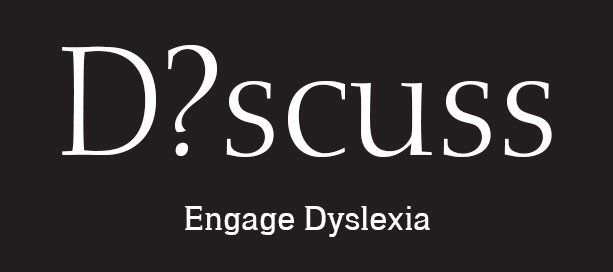Let the game begin!
I was watching a recent episode of Anthony Bourdain Parts Unknown. He was in Armenia and during one of the discussions it was mentioned that in Armenia chess is taught at all elementary schools. It got me thinking about introducing my children to chess when they were younger. Of all my children the one that went the furthest with chess was my son Paul who has dyslexia. To this day, Paul and I enjoy a periodic game of chess. If you venture into the ‘Man-cave’ at his house you will find a chess board permanently setup. It will sometimes be setup with just a few pieces with a sign that says, ‘Checkmate in three moves’. These chess brain-teasers are always fun but often very challenging. Of my five children, Paul is clearly the most interested in chess as an adult.
This led me to do a little research about chess as a school subject and the role it could potentially play for children with dyslexia.
Back to Armenia…Armenia has a history of producing international chess champions and chess is extremely popular there. In 2011 it became a required part of the curriculum for all elementary schools. It is taught to all students between the ages of 7 and 9.
There are movements in several other countries to teach chess in schools. Spain has passed a resolution to teach chess in all elementary schools. There are limited test programs going on in Norway and the United Kingdom. Lemuel LaRoche is the founder of Chess and Community, Inc a nonprofit using chess to develop strategic leadership in youth. Check out his Ted talk https://youtu.be/PNfapnJz6Pw
The slogan of the US Chess Federation is ‘Chess makes kids smart’. But does it? There have been limited studies done on this subject but the results are promising. It is clear that chess does exercise both the left and right sides of the brain and teaches important lessons in thinking ahead, being competitive and the consequences of decisions. It can also teach how to concentrate, winning and losing gracefully and how to make tough and abstract decisions. Check out the recent Ted talk by Cody Pomerantz
So, buy your child a chess set. It’s a great low-tech gift. Some experts also point to it as a good alternative to our screen filled electronic world. As we often talk about here at Dyscuss, we need to find those activities that our kids like and are good at. We also need to find those things that are outlets from the everyday challenges of being dyslexic. You might be surprised with chess. You might get both for the price of one.
